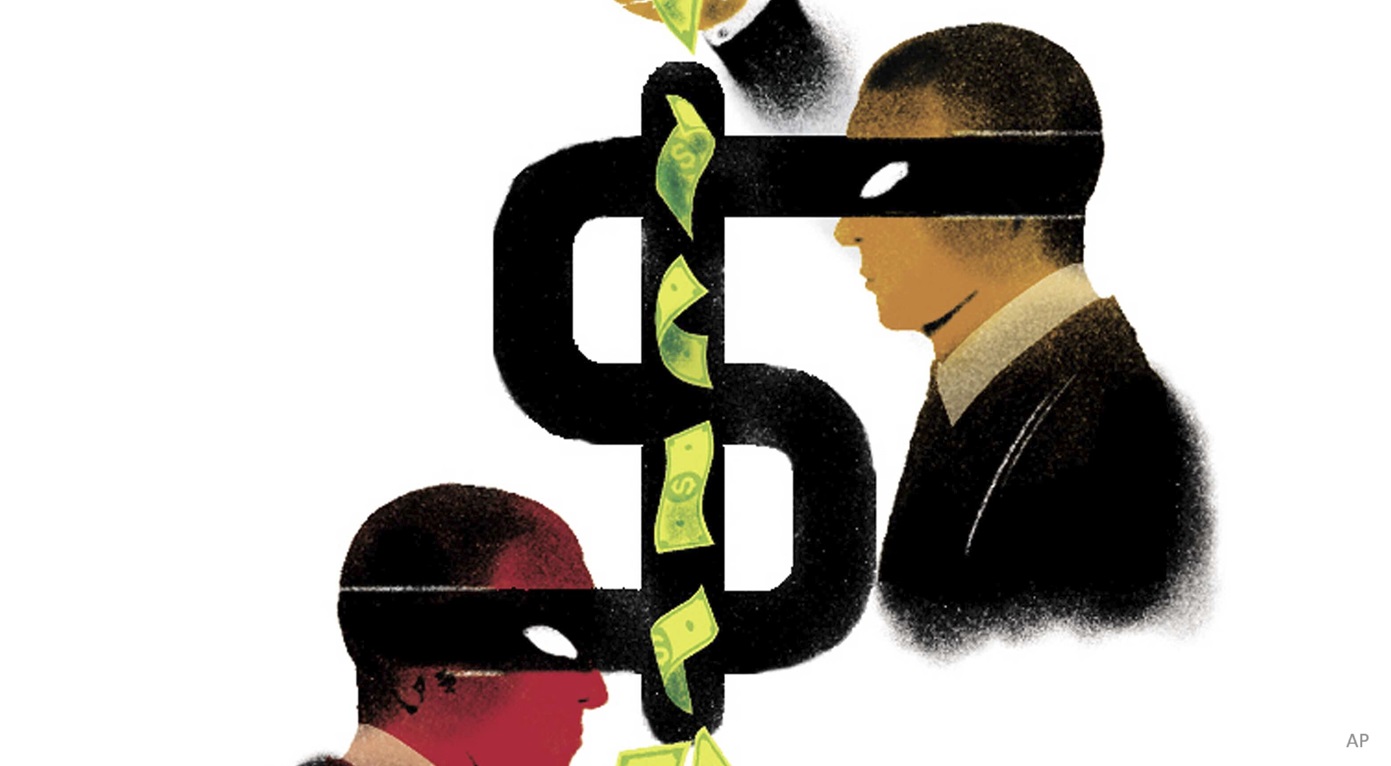Online retailing giant ![]() Amazon.com (AMZN) has been falling for three days since Thursday, when it reported its earnings.
Amazon.com (AMZN) has been falling for three days since Thursday, when it reported its earnings.
The company reported third-quarter revenues of US$56.6 billion, up from US$43.7 billion in the third quarter last year, and projected sales of between US$66.5 billion and US$72.5 billion in the fourth quarter, below analyst expectations of US$73.8 billion.
Since then, the stock has fallen more than 13% from around US$1,780 on Thursday to around US$1,518 today.
Morningstar analysts are confident in the company’s longer-term disruption and free-cashflow potential, and believe that the recent pullback in the stock is an opportunity for investors.
“I don't think investors should fret," said Morningstar sector analyst RJ Hottovy. "The company has now the ability to reinvest in its retail side of the business, particularly with some of these other drivers like advertising and AWS (Amazon web services) helping to support the overall profitability of this company. Longer term, this still remains one of the most disruptive players in the consumer space today, and this should make for a long-term investment.”
After the fall, the stock is trading well below Morningstar’s fair value estimate. Amazon has a Morningstar overall rating of 4 stars. This forward-looking rating is determined by three factors: a stock's current price, Morningstar's estimate of the stock's fair value, and the uncertainty rating of the fair value. Stocks in the 4- and 5-star range are undervalued.
It also has a wide economic moat, meaning we believe it has a sustainable competitive advantage.
“Amazon is the most disruptive force to emerge in retail in several decades. Its operational efficiency, network effect and a brand-intangible asset built on customer service provide it with sustainable competitive advantages that few, if any, traditional retailers can match,” Hottovy says, adding that despite ongoing fulfillment, technology (hardware devices, Alexa and AWS) and content investments, he expects Amazon can generate economic returns ahead of our cost of capital assumption over an extended horizon, supporting the wide moat rating.
Which is not to say the company doesn’t have any risks.
"Impairment to Amazon's low-price positioning, whether real or perceived, could have an adverse impact on fundamentals. Other execution risks include exposure to volatile discretionary spending patterns and expansion into peripheral business lines and physical stores (including the integration of Whole Foods), which could distract management or lead to poor capital-allocation decisions," Hottovy notes.
Amazon is among the world's highest-grossing online retailers, with US$178 billion in net sales and US$320 billion in estimated global gross merchandise volume in 2017. International segments comprised 33% of Amazon's non-AWS sales in 2017, led by Germany, the United Kingdom and Japan.






:quality(80)/cloudfront-us-east-1.images.arcpublishing.com/morningstar/Q3KIND5VXRCNHHH6JQHCCYBSSA.png)









